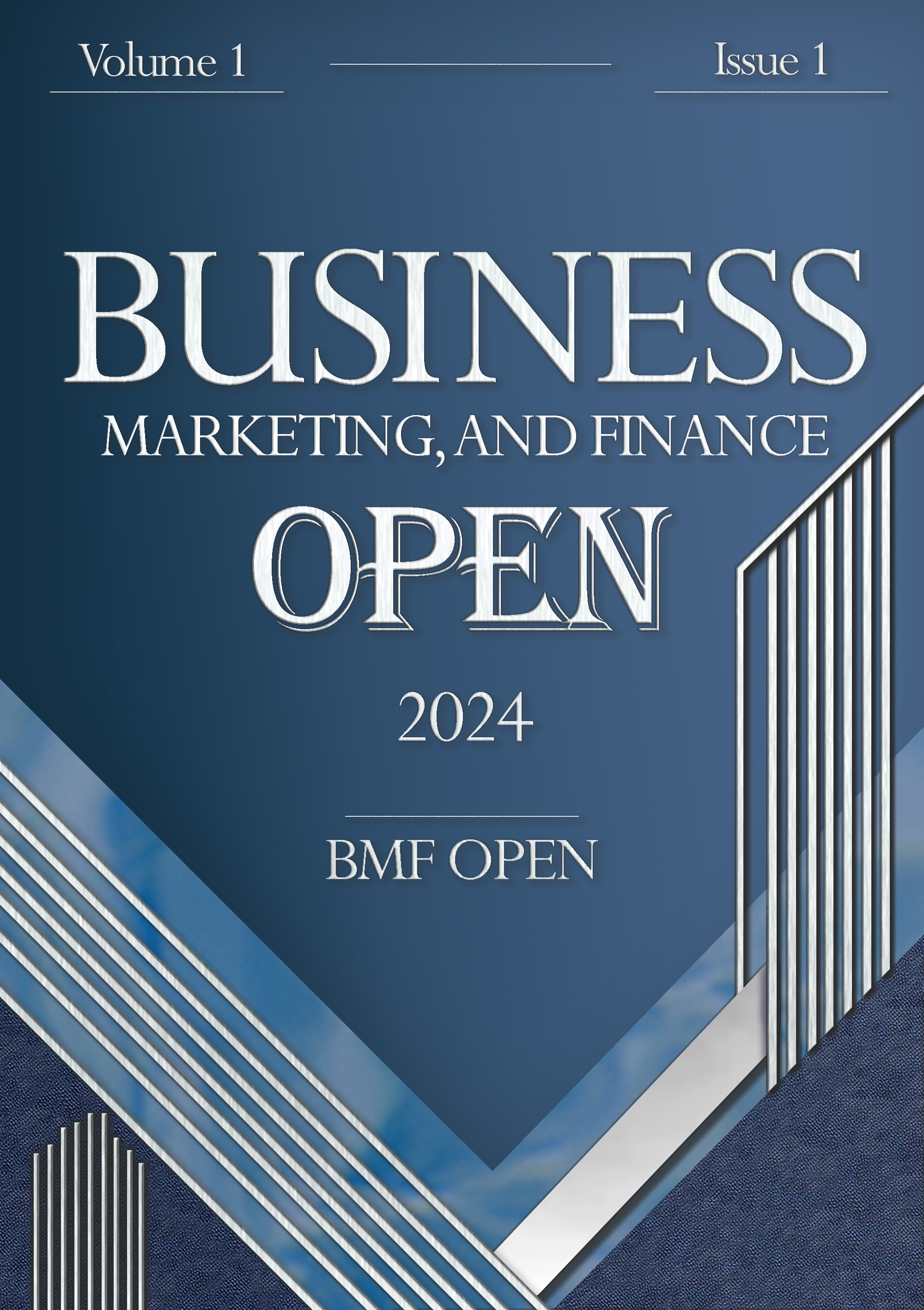Blockchain in Insurance Claims Processing: A Review of Transparency and Fraud Prevention
Keywords:
blockchain, insurance claims, transparency, fraud prevention, smart contracts, decentralized ledger, immutability, scalability, insurance industry, data privacyAbstract
Abstract: This article reviews the potential of blockchain technology to enhance transparency and prevent fraud in insurance claims processing. A comprehensive narrative review was conducted, examining existing literature, case studies, and reports on blockchain applications in the insurance sector. The study focused on analyzing how blockchain’s key features, such as decentralization, immutability, and smart contracts, can address long-standing challenges in the insurance industry, particularly regarding transparency and fraud prevention. The findings reveal that blockchain significantly improves data sharing and accessibility, providing all stakeholders with real-time access to claims information, which minimizes disputes and delays in claims processing. Blockchain’s immutable ledger ensures that claims data cannot be tampered with, preventing fraudulent activities such as falsified claims and double claims. The use of smart contracts automates claims settlements, ensuring adherence to policy terms without the need for manual intervention, thus reducing errors and processing times. However, the review also identifies several barriers to blockchain adoption, including technical challenges related to scalability and energy consumption, regulatory concerns about data privacy and smart contract legality, and resistance to change within the insurance industry. Despite these challenges, future advancements in blockchain technology, such as improved scalability and integration with artificial intelligence (AI) and the Internet of Things (IoT), are expected to further enhance the efficiency and security of claims processing. The article concludes that while blockchain offers significant opportunities for improving transparency and fraud prevention in the insurance industry, widespread adoption will require collaboration between insurers, regulators, and technology providers to address the technical, legal, and operational challenges that remain.








